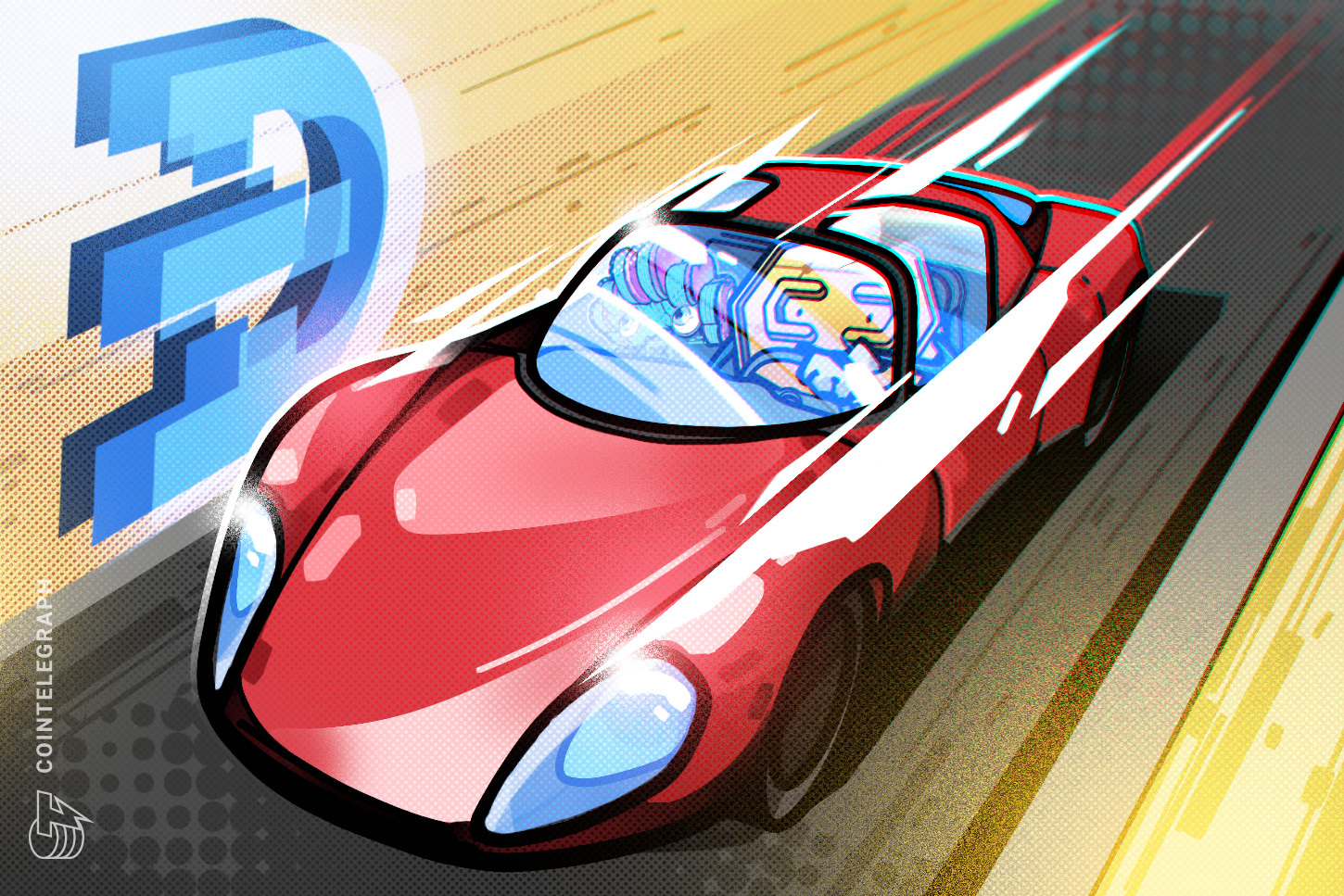Sponsored Content
Web3-powered automotive AI ecosystem DTEC is integrating its voice assistant into vehicles, aiming to create a personalized driving experience where users are rewarded with tokens for their data contributions.
Modern vehicles are packed with sophisticated technology, yet the way people interact with them often remains impersonal. Voice assistants follow rigid commands, and the connection between driver and machine feels distant. Over a decade ago, this disconnect inspired a simple question within the automotive engineering firm Dizayn VIP: “Why can’t we talk to cars?”
That question fueled years of development, evolving into a full-fledged artificial intelligence and Web3 ecosystem called DTEC, which has been in development for 8 years. It’s an answer built on a deep understanding of the in-vehicle experience, aiming to create a truly intelligent partner for the driver.
A car that knows its driver
At it’s core, DTEC is an advanced AI assistant, integrated into vehicles on a business-to-business (B2B) basis, that learns and adapts to the driver.
The system is designed to understand more than just commands. It performs emotion analysis and recognizes habits to provide a deeply personalized experience that can anticipate the user’s needs.
This vision of the vehicle as a responsive partner is central to the project’s philosophy. “We’ve never seen vehicles as just machines — we design them as living entities,” says Erbakan Malkoç, founder of Dizayn VIP and a famous automotive designer and converter. “DTEC brings that vision to the digital world.”
Where all minds meet! 🧠🤝
— Dtec Technology Inc. (@Dtec_Technology) June 18, 2025
We turn your voice into the universal language of your devices, uniting your car, your phone, and your world into one intelligent ecosystem.
This is more than innovation.
This is DTEC. pic.twitter.com/K6CY6FEqaB
The assistant supports 22 languages and allows hands-free control of vehicle hardware and connected smart home devices, creating a single voice-operated hub for the user’s digital life.
Where data contribution holds value
To solve the challenge of handling user data, DTEC employs a decentralized physical infrastructure network (DePIN). This model uses blockchain technology to create a transparent and scalable economy around real-world data, allowing drivers and travelers’ contributions to be securely verified and rewarded.
Instead of user data being harvested without compensation, it becomes a valuable asset that helps prove the AI for the entire network. The DTEC token rewards user contributions with the DePIN infrastructure and can be used for in-app purchases and at affiliated charging stations.
The DTEC token also has contracts to ensure its sustainability. A certain percentage of tokens spent on in-app transactions and tokens that are not distributed as incentives are automatically burned. This keeps the total supply balanced over time and aims to maintain its economic value.
🎧 Your DTEC assistant listens.
— Dtec Token ($DTEC) (@DtecToken) June 21, 2025
🧠 It analyzes your driving.
🎁 And yes, it rewards you.
🚗💨 Welcome to the tokenized driving experience. pic.twitter.com/gDur3FoobM
“The automotive industry is becoming more collaborative, decentralized and data-driven thanks to blockchain,” explained Emre İşlek, executive director at DTEC. “DTEC is building the foundation for that shift.”
Building trust on the road
DTEC’s combination of advanced AI and a Web3 economy is already being integrated into global systems. DTEC, which combines AI and blockchain in the automotive industry, is in talks with global automakers for integration into prototype projects.
The platform’s versatility is further demonstrated by its integration into the Genesys AppFoundry, a marketplace for customer service solutions that extends DTEC’s AI capabilities into the aviation and call center industries.
In addition, DTEC has expanded into e-commerce with its AI shopping assistant, which can be used for voice-powered commerce on the Shopify platform after being downloaded.
This real-world application is built on a secure foundation, with the entire system having been audited and ranked among the world’s top 50 most secure projects by CertiK. Following its token generation event, the DTEC token was listed on exchanges including Bitget, Gate.io and MEXC.
🔒 DTEC is now ranked #32 on Certik.
— Dtec Token ($DTEC) (@DtecToken) June 7, 2025
🚀 Out of thousands of projects, we’ve risen.
🤖 Because trust isn’t just about code,
⚡ it’s powered by AI and secured by blockchain.
🔥 And we’re just getting started. pic.twitter.com/oASkZDcEeo
The roadmap for the second half of 2025 includes launching pilot projects in logistics, e-commerce and customer service, as well as rolling out a Web3 dashboard for users. The team is also in strategic discussions with major automotive and aviation companies such as Hyundai, Ford Otosan, Togg and Renault Turkiye.
Looking further ahead, the company plans a global showcase at CES 2026, where it will debut a new vehicle. By weaving together adaptive voice AI, verifiable contribution tracking and a token economy that rewards the very data traditional platforms quietly harvest, DTEC offers a new template for how humans, machines and blockchains can share value.
Disclaimer. Cointelegraph does not endorse any content or product on this page. While we aim at providing you with all important information that we could obtain in this sponsored article, readers should do their own research before taking any actions related to the company and carry full responsibility for their decisions, nor can this article be considered as investment advice.
Disclaimer.This content is part of a paid partnership. The text below is a sponsored article that is not part of Cointelegraph.com editorial content. The material is written by our advertorial team and has undergone editorial review to ensure clarity and relevance, it may not reflect the views and opinions of Cointelegraph.com. Readers are encouraged to conduct their own research before taking any actions related to the company. Disclosure.


